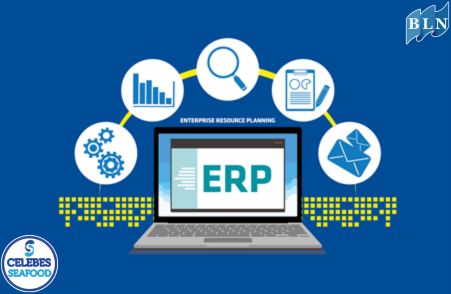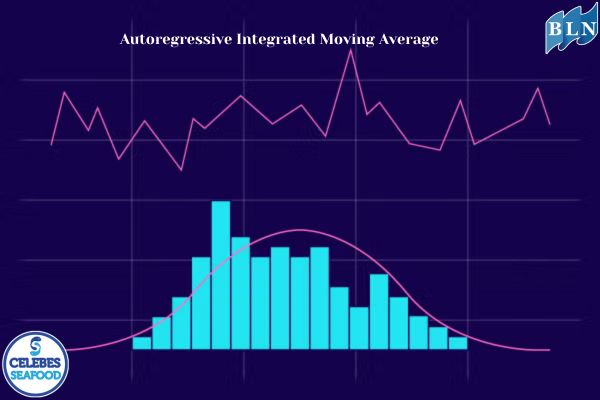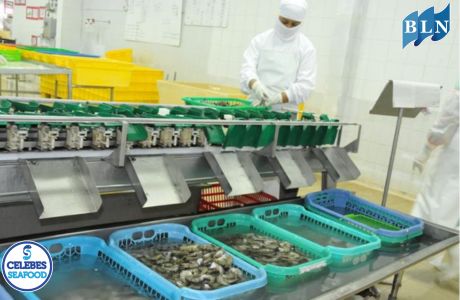Implementation of ERP System on Employee Work Productivity in the Fisheries Industry
By. Tri - 17 Apr 2025
lautnusantara.com_ The fisheries industry in Indonesia has great potential but is often faced with complex challenges in operational management. The implementation of Enterprise Resource Planning (ERP) offers an integrated solution to optimize various business processes, including those that have a direct impact on employee productivity. This article aims to examine how the implementation of an ERP system can affect and improve employee productivity in the context of the fisheries industry. Through an analysis of the potential benefits and challenges of implementation, this article is expected to provide insight for fisheries industry players in considering the adoption of ERP technology.
In this digital era, information technology plays a crucial role in improving business efficiency and effectiveness. One technology solution that is increasingly being considered by various industries, including fisheries, is Enterprise Resource Planning (ERP). An ERP system is an integrated platform that manages all aspects of a company's business, including finance, human resources, supply chain, production, and customer relations in one centralized database. The implementation of an ERP system is expected to bring significant changes in the way companies operate and have a positive impact on employee productivity.
Potential Impact of ERP Systems on Employee Productivity
The implementation of an ERP system in the fisheries industry has great potential to increase employee productivity in various ways:
Automation of Routine Tasks: ERP can automate repetitive and time-consuming administrative tasks, such as manual data entry, simple report generation, and scheduling. With this automation, employees can shift their focus to more strategic and specialized tasks, thereby increasing efficiency and quality of work.
Centralized and Real-time Access to Information: ERP systems provide access to centralized and real-time information on various aspects of a company's operations, from catch data, inventory, order status, to financial performance. Employees can easily access the information they need to complete their tasks more quickly and accurately, reducing time wasted searching for data from various disparate sources.
Improved Collaboration and Communication: ERP facilitates collaboration and communication between departments within a company. Consistent and transparent information allows employees from different work units to work together more effectively, share information easily, and coordinate their actions to achieve common goals.
Better Decision Making: With accurate and integrated data, management can make more informed decisions. Better decisions at the management level will have a positive impact on overall operations and provide clarity of direction for employees, thereby increasing motivation and productivity.
Efficient Human Resource Management: The Human Resource (HR) module in an ERP system can help in managing employee data, attendance, leave, performance, and training. With a structured system, HR administration processes become more efficient, allowing the HR department to focus on employee development and creating a more conducive work environment, which ultimately contributes to increased productivity.
Reduced Errors and Rework: Data integration in an ERP system reduces the risk of errors that often occur due to manual data input and transfer of information between different systems. With accurate and consistent data, employees can work with more confidence and reduce the need for rework due to errors. If you are interested in our product SLIPPER LOBSTER WHOLE ROUND, SLIPPER LOBSTER MEAT, Coral Trout Fillet Skin On,OCTOPUS WHOLE CLEANED FLOWER TYPE please do not hesitate to contact us through email and/or whatsapp.







